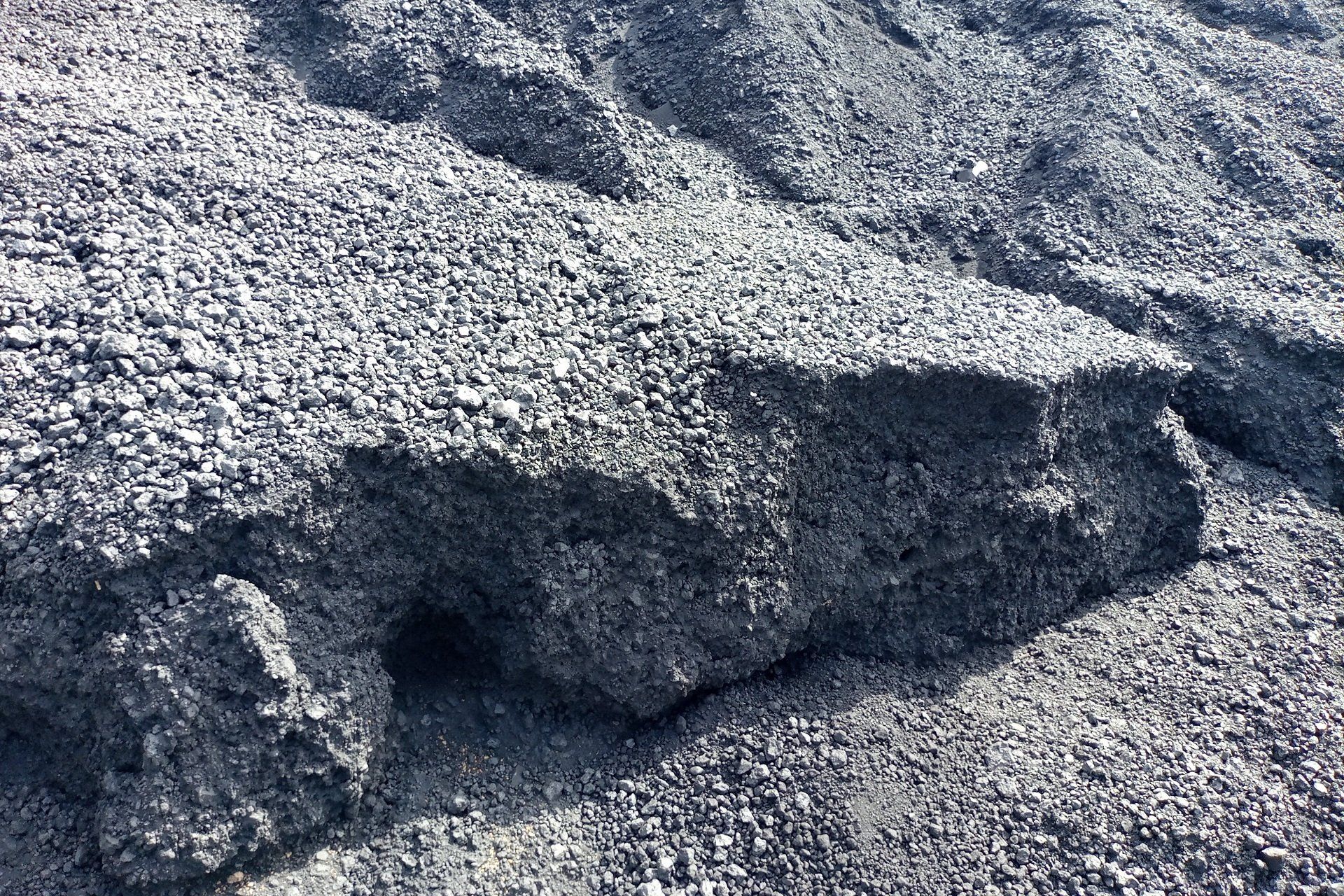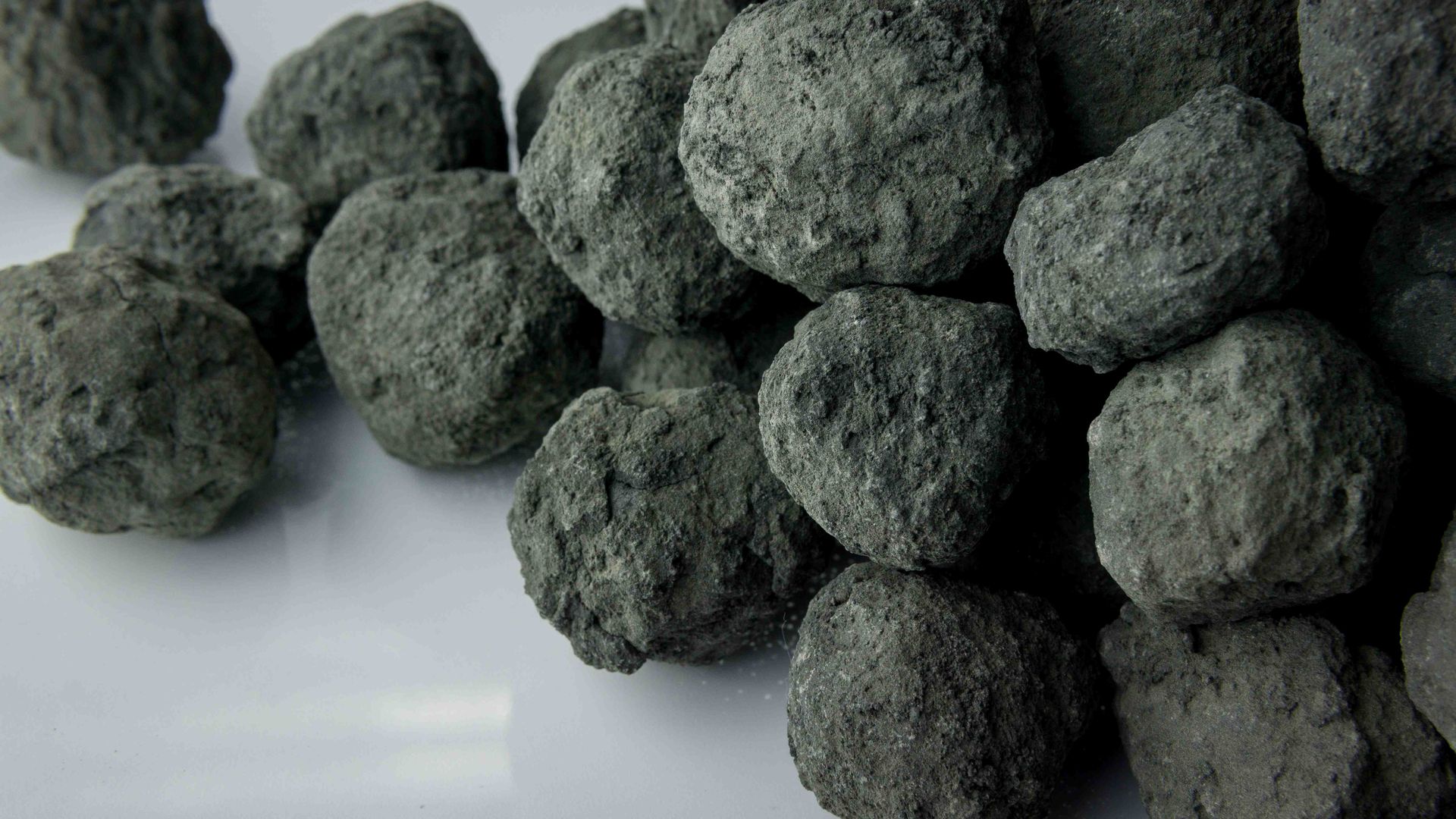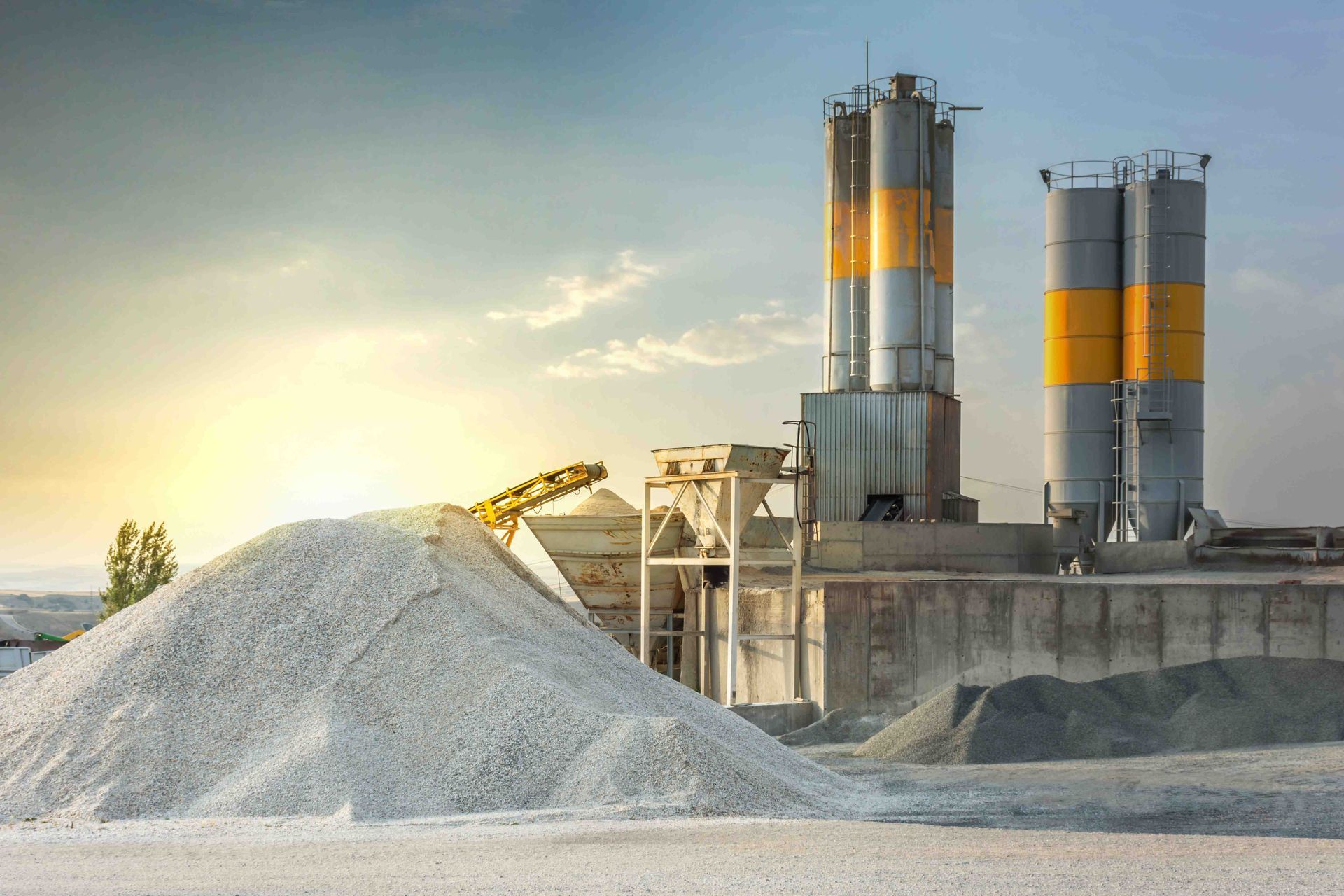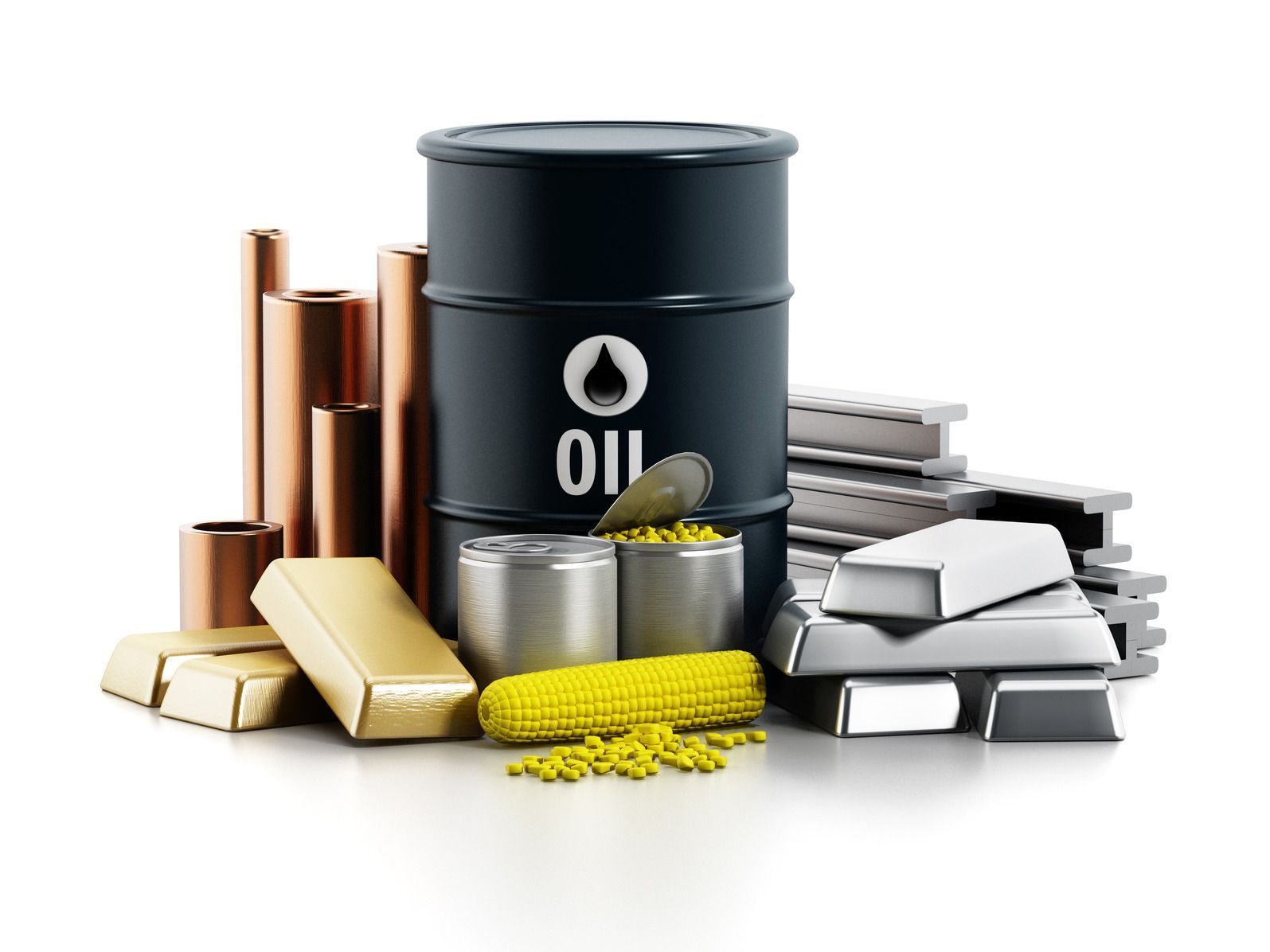The Ultimate Guide to Understanding Petroleum Coke (Petcoke)

Petroleum coke, or petcoke, is a byproduct of the oil refining process. It is a carbon-rich solid material derived from the distillation of crude oil and can be used for a variety of industrial and commercial applications.
From its use as a source of energy to its potential for use in a variety of manufacturing processes, petcoke is an essential part of the global energy landscape.
In this ultimate guide to petcoke, we’ll explore what it is, where it comes from, and some of the various uses for this interesting substance. Whether you’re a seasoned petcoke consumer or just getting acquainted with the material, this guide will give you the information you need to make the most of this important resource.
What Is Petcoke?
A petcoke, also known as petroleum coke, is a carbon-rich solid material derived from the distillation of crude oil and produced as a byproduct of the oil refining process.
Unlike coal, which is often used to produce electricity and heat, petcoke is generally used in industrial applications such as smelting, carbon black production, and other industrial processes that require high-temperature activation.
Petcoke is often confused with coal due to its dark appearance, but it is actually a type of carbon-rich petroleum coke produced as a byproduct during the process of making refined petroleum products like gasoline and diesel.
Because it is a non-renewable fuel that can be burned in coal-fired power plants, petcoke is also sometimes referred to as “carbon-rich coal.”
History of Petroleum Coke
The production of petroleum coke began in the late 1800s and early 1900s, shortly after the invention of the internal combustion engine. At that time, it was used primarily as an industrial fuel source for boilers and furnaces.
Over the years, its use has expanded to include a variety of other applications. Today, petroleum coke is still widely used as a fuel source and as an additive in a variety of industries.
Where Does Petcoke Come From?
Petcoke is a type of solid, carbon-rich petroleum coke that is produced as a byproduct during the process of refining crude oil. It is often used as a source of fuel, particularly in industrial applications such as smelting and carbon black production, and in electricity generation.
Petcoke is produced all over the world as a byproduct of oil refining. When crude oil is extracted from the ground, it must be refined into usable products like gasoline, diesel, or jet fuel.
The refining process involves a variety of techniques and chemical reactions that transform crude oil into finished fuels. In the refining process, crude oil is heated to extremely high temperatures inside large, industrial-scale distillation towers.
What Are the Various Uses of Petcoke?
There are many uses for petroleum coke, ranging from industrial to consumer-oriented applications. It is widely used as a fuel source for power plants, boilers, and other industrial processes due to its high energy content.
It can also be used in cement production as an additive or binder. In addition, petcoke is often used as the raw material in the production of graphite, which is used in a variety of products, including pencils and batteries.
What Are the Benefits of Petcoke?
Petcoke is a carbon-rich material derived from the refining of crude oil that can be used as a source of energy. It is often used in industrial applications such as smelting, carbon black production, and other industrial processes that require high-temperature activation.
Carbon-rich petcoke is a major source of energy in industrial operations, where carbon is needed to produce high-temperature reactions. It is also used to produce electricity in coal-fired power plants.
What Are the Drawbacks of Petcoke?
Like all fossil fuels, petcoke is a non-renewable resource that produces carbon dioxide when burned. It also contains sulfur, which can produce large amounts of sulfur dioxide (SO2) when burned.
Unlike coal, petcoke is often used in industrial applications where the sulfur content isn’t a major concern. In other applications, petcoke may be blended with low-sulfur coals or other fuels to reduce the amount of SO2 produced.
How Is Petcoke Produced?
Typically, petcoke is produced as a byproduct of oil refining. Crude oil is extracted from the ground and transported to an oil refinery where it is broken down into various refined products like gasoline or diesel fuel. In the refining process, crude oil is heated to extremely high temperatures inside large, industrial-scale distillation towers.
At this stage, various hydrocarbon compounds begin to evaporate. The temperatures and pressures inside the distillation towers are so high that these compounds aren’t in the form of gases but rather solids called coke.
How Is Petcoke Stored and Transported?
Like coal, petcoke is often stored in large piles that are easily handled by hopper belts or conveyor belts. It can also be stored in large silos or in bags. Because petcoke is a carbon-rich material, it must be stored in a dry environment.
If it becomes wet, it will form a hard and difficult-to-remove solid that is commonly referred to as “damp coke.” While damp coke can be difficult to remove, it can often be broken up or easily removed through the use of high-pressure water hoses.
What Safety Measures Should Be Taken When Handling Petcoke?
Although petcoke is a valuable resource, it can also be hazardous if not handled properly. It is important to take the necessary safety precautions when handling petroleum coke including wearing protective clothing, avoiding contact with skin, and using proper ventilation.
Additionally, regular maintenance of equipment used in petcoke production should be done to minimize the risk of accidents or exposure to hazardous materials. Finally, it is important to follow federal and state regulations regarding the handling of petcoke.
Do You Need High-Quality Petcoke? Contact PermuTrade Today
At
PermuTrade, we are committed to providing our customers with the highest-quality petcoke at competitive prices. We use strict quality control measures to ensure that our petcoke meets the highest industry standards. Contact us today to learn more about how we can meet your petroleum coke needs.
Please complete our
Contact Form or contact us via email at
info@permutrade.com for more information.
Disclaimer: The information on this website and blog is for general informational purposes only and is not professional advice. We make no guarantees of accuracy or completeness. We disclaim all liability for errors, omissions, or reliance on this content. Always consult a qualified professional for specific guidance.






